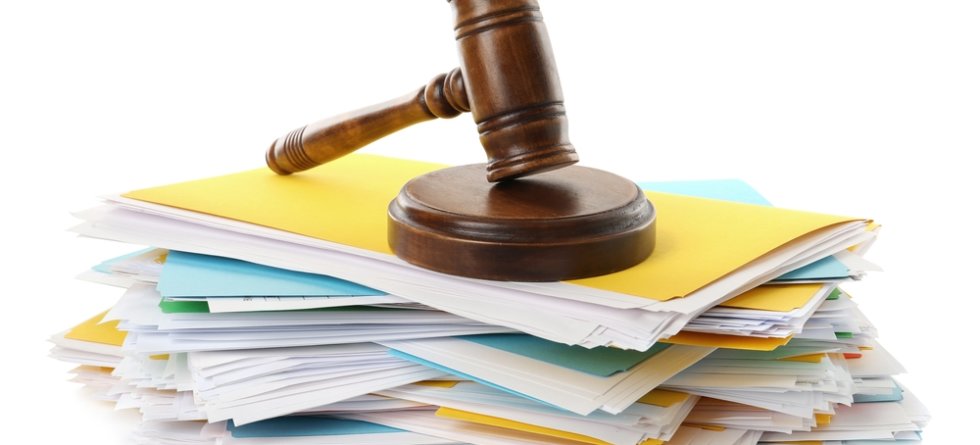In many legal systems, court records are considered public documents, and the principle of public access to court records is upheld. Public access to court records promotes transparency, accountability, and the proper administration of justice. It allows individuals to understand and monitor court proceedings, ensure fairness, and enable public scrutiny of the legal system.
However, it’s important to note that the extent of public access to court records may vary depending on the jurisdiction and the specific rules and regulations in place. While court records are generally public, there are certain exceptions and limitations to consider:
- Privacy concerns: Some court records, particularly those involving sensitive or confidential information, may be restricted or redacted to protect the privacy rights of individuals involved in the case. This can include personal identifying information, sensitive financial details, or information related to minors or victims of certain crimes.
- Sealed or confidential records: Certain cases or specific documents within a case may be sealed or classified as confidential, typically to protect sensitive information, national security interests, or ongoing investigations. These sealed records may be inaccessible to the general public.
- Restricted access for certain cases: In some jurisdictions, specific types of cases, such as juvenile proceedings or cases involving family matters, may have stricter rules regarding public access to court records to protect the privacy and well-being of the parties involved.
- Limited access to certain historical records: Older court records, particularly those that predate the digital age, may have limited online availability. Accessing historical court records may require additional effort, such as visiting physical archives or contacting specialized repositories.
It’s important to consult the laws and regulations of the relevant jurisdiction to understand the specific rules governing public access to court records. Additionally, the procedures for accessing court records may vary, with some jurisdictions providing online access through dedicated portals. In contrast, others may require in-person visits to court offices or the use of specific request forms.






